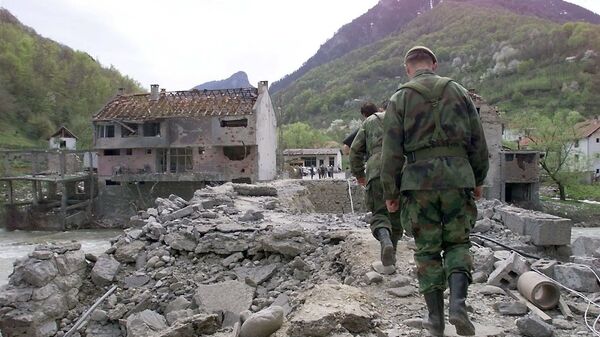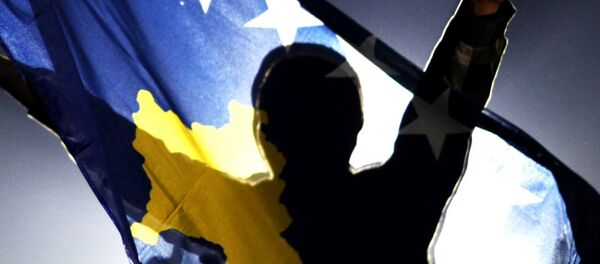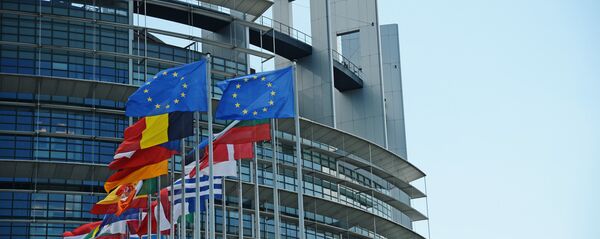On May 13, Serbian President Aleksandar Vucic said that the use of depleted uranium weapons was behind the increase in a number of cancer patients in the Balkan nation. The politician also called the use of depleted uranium "an unprecedented crime."
"During the debates in the parliament, we are discussing the formation of the parliamentary commission that should investigate the consequences of the 1999 bombing attacks for the people's health and environment, paying a special attention to the use of munitions equipped with depleted uranium," Gojkovic said, as quoted by the national television.
"We have a commitment to the Serbian citizens to tell them the truth about an unprecedented crime, about killings of people not only physically with the use of depleted uranium, but also by affecting the future generations," the politician noted.
According to Gojkovic, the parliament is expected to complete the formation of the commission by the end of the week.
READ MORE: Serbian President Slams NATO Yugoslavia Bombing as More Kids Get Cancer
NATO airstrikes continued from March 24 to June 10. The exact number of victims is unknown. According to the Serbian authorities, about 2,500, including 89 children, were killed and about 12,500 people were injured in the bombings. According to various sources, the material damage is assessed between $30 billion and $100 billion.
The military operation was conducted without the approval of the UN Security Council and on the basis of the Western countries' allegations that FRY authorities had carried out an ethnic cleansing in Kosovo and provoked a humanitarian catastrophe there.




